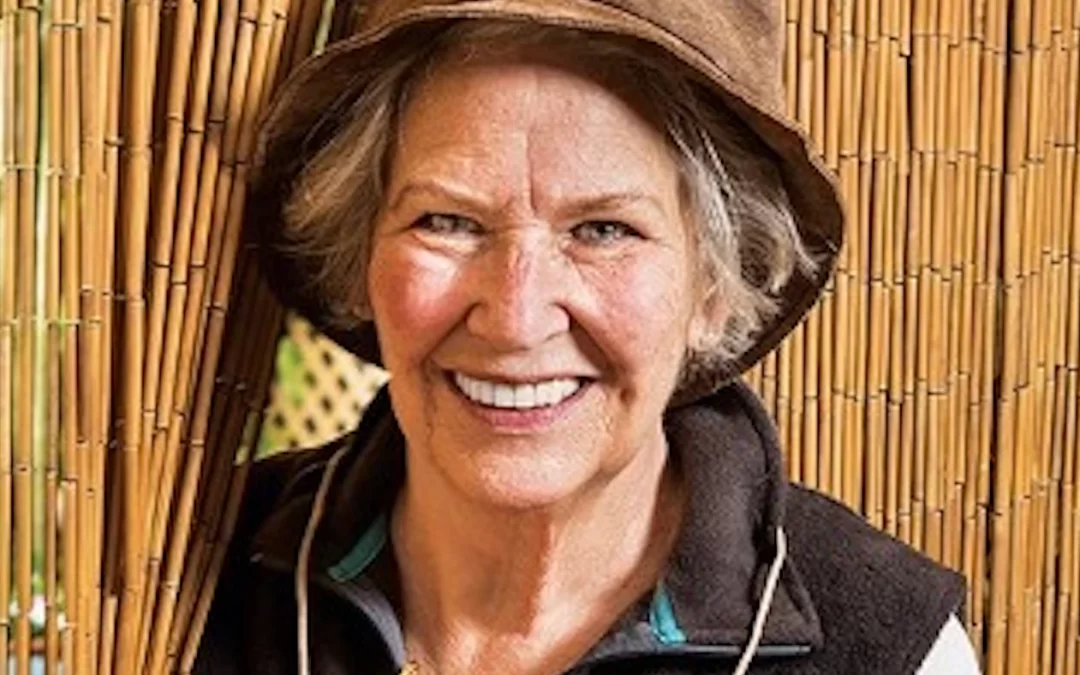Annie Dillard’s book Pilgrim at Tinker Creek (1974) played a major role in situating me within the natural world, as it has doubtless done for countless others, and she has written many wonderful books since then. Annie is pithy, often wry, real, insisting that we notice and guiding us with her own noticing. Here are some of her magnificent quotes.
The answer must be, I think, that beauty and grace are performed whether or not we will or sense them. The least we can do is try to be there.
Nature is, above all, profligate. Don’t believe them when they tell you how economical and thrifty nature is, whose leaves return to the soil. Wouldn’t it be cheaper to leave them on the tree in the first place? This deciduous business alone is a radical scheme, the brainchild of a deranged manic-depressive with limitless capital. Extravagance! Nature will try anything once.
We have not yet encountered any god who is as merciful as a man who flicks a beetle over on its feet.
There were no formerly heroic times, and there was no formerly pure generation. There is no one here but us chickens, and so it has always been: A people busy and powerful, knowledgeable, ambivalent, important, fearful, and self-aware; a people who scheme, promote, deceive, and conquer; who pray for their loved ones, and long to flee misery and skip death. It is a weakening and discoloring idea, that rustic people knew God personally once upon a time– or even knew selflessness or courage or literature– but that it is too late for us. In fact, the absolute is available to everyone in every age. There never was a more holy age than ours, and never a less. … There is no whit less enlightenment under the tree by your street than there was under the Buddha’s bo tree.
Concerning trees and leaves… there’s a real power here. It is amazing that trees can turn gravel and bitter salts into these soft-lipped lobes, as if I were to bite down on a granite slab and start to swell, bud and flower. Every year a given tree creates absolutely from scratch ninety-nine percent of its living parts. Water lifting up tree trunks can climb one hundred and fifty feet an hour; in full summer a tree can, and does, heave a ton of water every day. A big elm in a single season might make as many as six million leaves, wholly intricate, without budging an inch; I couldn’t make one. A tree stands there, accumulating deadwood, mute and rigid as an obelisk, but secretly it seethes, it splits, sucks and stretches; it heaves up tons and hurls them out in a green, fringed fling. No person taps this free power; the dynamo in the tulip tree pumps out even more tulip tree, and it runs on rain and air.
We are here to abet creation and to witness it, to notice each thing so each thing gets noticed. Together we notice not only each mountain shadow and each stone on the beach but we notice each other’s beautiful face and complex nature so that creation need not play to an empty house.
I have often noticed that these [factual] things, which obsess me, neither bother nor impress other people even slightly. I am horribly apt to approach some innocent at a gathering, and like the ancient mariner, fix him with a wild, glitt’ring eye and say, “Do you know that in the head of the caterpillar of the ordinary goat moth there are two hundred twenty-eight separate muscles?” The poor wretch flees. I am not making chatter; I mean to change his life.
In nature, improbabilities are the one stock in trade. The whole creation is one lunatic fringe. If creation had been left up to me, I’m sure I wouldn’t have had the imagination or courage to do more than shape a single, reasonably sized atom, smooth as a snowball, and let it go at that. … No claims of any and all revelations could be so far-fetched as a single giraffe.
Experiencing the present purely is being emptied and hollow; you catch the grace as a man fills his cup under a waterfall.
We are here on the planet only once, and might as well get a feel for the place.
Look upstream. Just simply turn around; have you no will?
